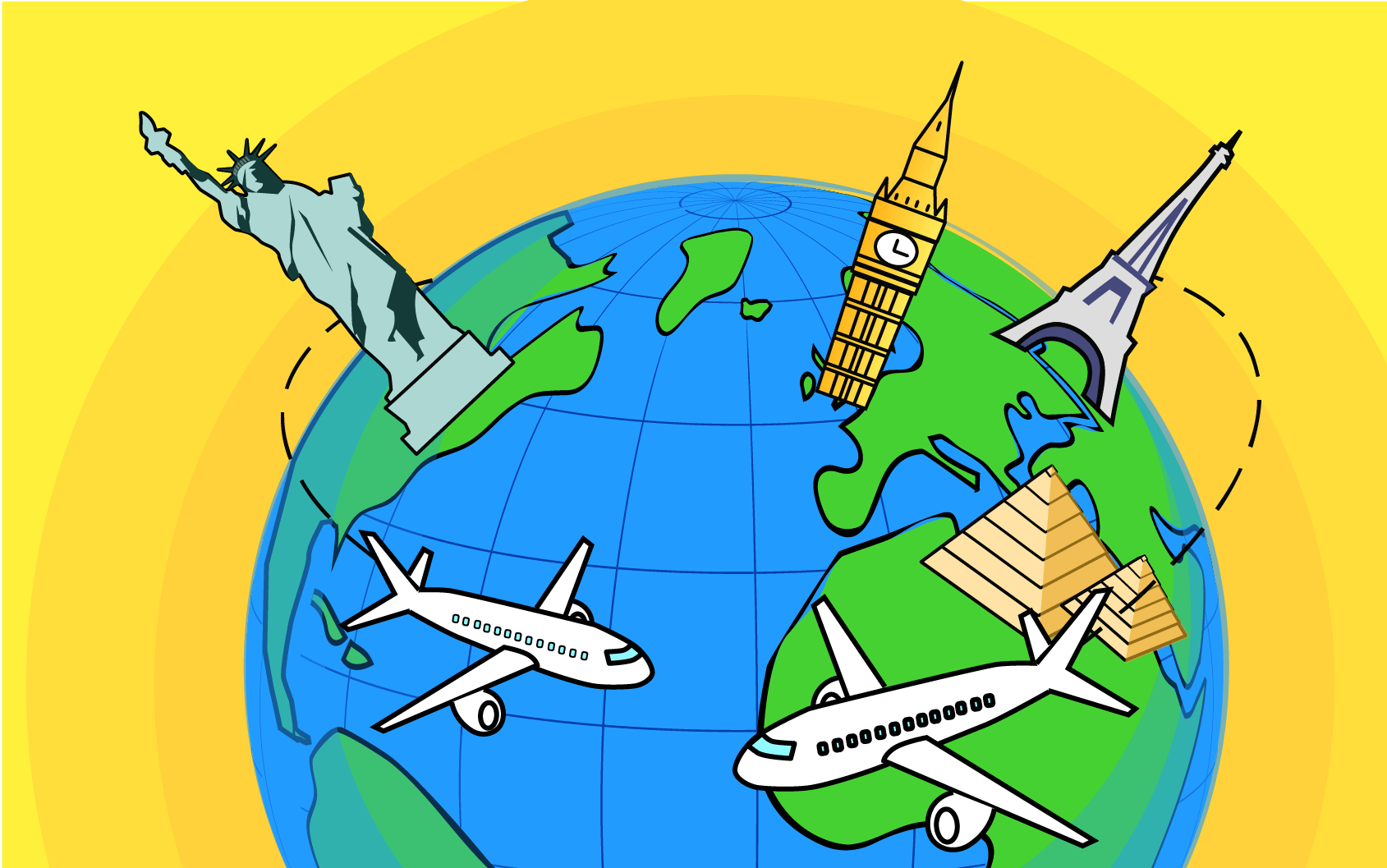
All hail Elon Musk, First of his Name, King of the Martians and the First Molemen, Protector of Tubes, the Unbalded, Breaker of Industries, Father of Dragons. And now, maybe, uniter of the seven continents, if his plan for rocket travel takes off.
Musk, the man who would take humans between planets like the Dothraki crossing the Narrow Sea, has added another dash of wildfire to his plans for saving the world. During a presentation at the the International Astronautical Congress in Adelaide, Australia, on Friday, the SpaceX and Tesla CEO announced his plan to use a fleet of reusable rockets to move people between any two cities on Earth in under an hour.
OK, “plan” is a stretch. Musk didn’t go into any of the details, like when he might do this, or where, or how. A short video he played on stage (gotta hope he has got his renderings guy on retainer) showed passengers boarding a ship and sailing out to a floating launch pad. They stroll into a rocket, which blasts off, hits nearly 17,000 mph in suborbital space, reenters the atmosphere, and touches down again. Then it’s back onto a boat and into the destination city. London to Dubai in 29 minutes. New York to Paris in 30. Delhi to San Francisco in 40. The world has never felt so small, so connected.
“It’s a great, fantastic thought,” says John Olds, a former aerospace engineering professor who founded and now runs Spaceworks, a company that develops hypersonic flight and space exploration technology. Olds also helped form and previously ran the FastForward Project, an industry group focused on point-to-point space travel.
The idea of traveling through space or at very high altitudes has been around for decades. At least half a dozen companies, including Richard Branson’s Virgin Galactic, are pursuing it. But nearly all of them plan on using planes capable of flying to extreme altitudes and at supersonic speeds, not ground-based rockets.
“A rocket-powered ballistic point-to-point is fast, I’ll give you that,” Olds says. “But it’s expensive and complicated and, I would say, unlikely to be the final solution by which we travel around the planet.”
Let’s say Musk nails down all the rocket tech and ensures the things can take off and land safely 100 percent of the time, or acceptably close to it. Let’s say he figures out how to keep them full of fuel, and puts enough people in electric cars that he’s not destroying the atmosphere.
Then he gets to tackle the real problems. Like how to get passengers through the crushing g-forces that come with takeoff and landing. The weightless period in the middle may be cool, but it’s not exactly a work environment business travelers will enjoy. Running anything more than the occasional flight would require an unprecedented integration with the national airspace system, to keep the rockets from taking out planes the way planes take out birds. “From a regulatory point of view it’s very difficult,” Olds says.
Building launch pads at sea assuages concerns about annoying city dwellers with the noise, sonic booms, and vibrations that come with hurling rockets into the sky, but brings up another concern. The flight itself may be brief, but forcing customers to get to the ocean in the first place could easily add hours to trip time. And it’s hard to see rockets serving any major city that’s not near an ocean or lake, like Paris, Berlin, New Delhi, Denver, Riyadh, or Johannesburg.
“I would like to see this development mesh with existing infrastructure,” like airports, says Madhu Thangavelu, who studies space exploration at the University of Southern California. “Then it becomes much easier to put safety protocols in place.” Otherwise, Thangavelu is jazzed about the idea, and Musk’s role in pushing the limits of what people may think is possible. “The moment you master it, you’ll have a lineup of customers,” he says. “I can’t wait to see this happen.”
It would be a wonderful thing, no doubt. Same goes for the high-speed hyperloop, electric cars for everyone, life on Mars, a base on the moon, or a network of traffic-annihilating tunnels. But if Musk really wants to add another honorific to his list of titles, rockets may not be the best move.
“I think there are better ways to do it,” Olds says. “Basically really fast airplanes.”


















